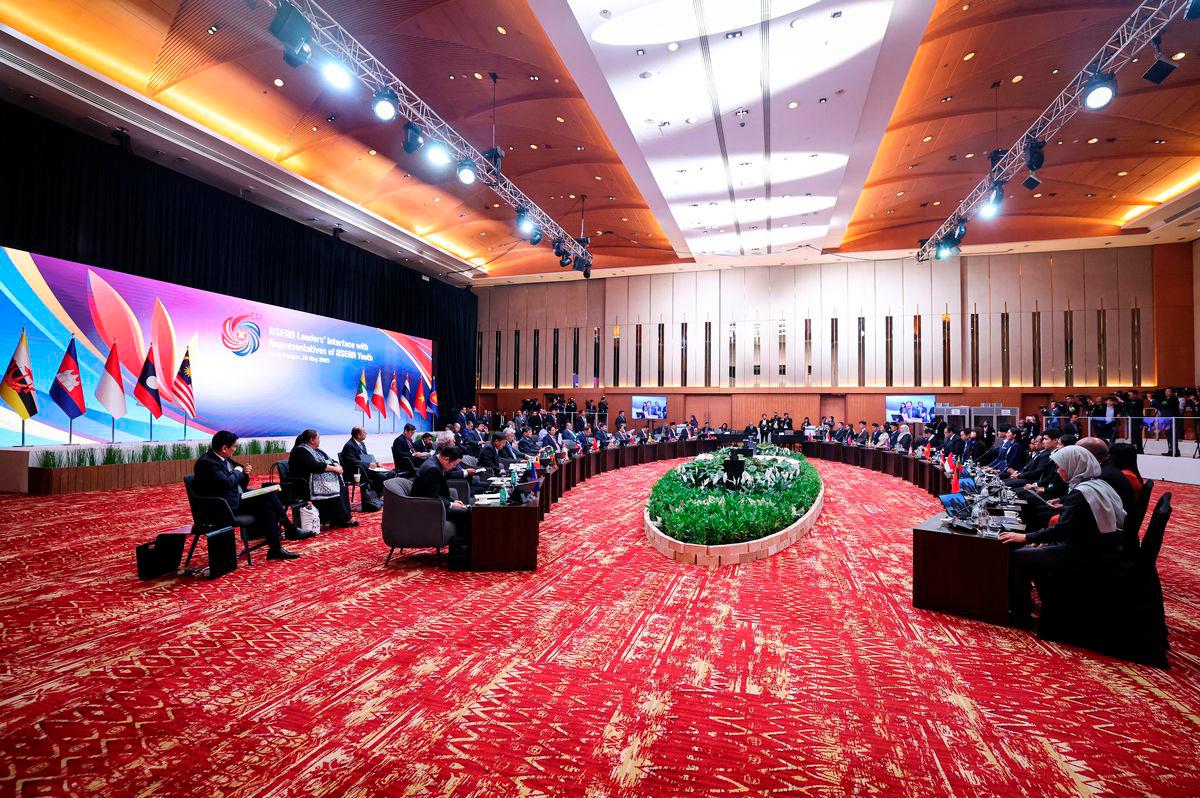KUALA LUMPUR: Youth delegates from ASEAN member states have urged regional leaders to adopt bold and inclusive policies to advance youth empowerment, sustainable development, and regional resilience during the 4th ASEAN Youth Dialogue, held here from May 22 to 26.
In the 4th ASEAN Youth Statement 2025, issued in conjunction with the Dialogue, themed “Youth for a Sustainable Future: Empowering Inclusion and Driving Change in ASEAN”, the young leaders presented nine key policy recommendations to ASEAN governments.
Among the recommendations are the call on ASEAN Member States to renew their commitment to empowering youth in driving the 2030 Sustainable Development Goals (SDGs), the UN Pact for the Future, the ASEAN Community Vision 2025, and the ASEAN Work Plan on Youth 2021–2025.
The delegates also strongly urged greater focus on the health and well-being of young people, proposing targeted policies that address sexual and reproductive health, mental health, substance abuse, nutrition, and hygiene.
They also highlighted the importance of affordable and accessible healthcare services, particularly for mental health support.
The youth also urged ASEAN member states to expand social protection programmes for marginalised communities – including women, persons with disabilities and vulnerable groups – which includes improving access to education, healthcare, economic opportunities, and protection from violence and discrimination.
In addressing the rapid digital transformation, ASEAN youth encouraged the development of accessible education and advanced skills training in areas such as artificial intelligence, digital literacy, and the Fourth Industrial Revolution, as well as campaigns to combat cybercrimes such as misinformation, disinformation, cyberbullying and online scams.
The statement also recommended ASEAN member states to develop joint education and training programmes that centre on the 17 SDGs.
These should involve multistakeholder collaboration between governments, academia, civil society and the private sector to build youth capacity, competitiveness and knowledge exchange.
To bridge the urban-rural divide, the youth urged investments in inclusive infrastructure that integrates planetary health approaches, and advocated for meaningful youth participation in sustainable urban and rural development.
They also called for the establishment of innovation support centres and enabling policy frameworks to promote a robust and inclusive start-up ecosystem. This includes providing mentorship, access to funding and market, and entrepreneurial knowledge sharing.
The statement also highlighted the importance of intercultural exchanges to celebrate ASEAN’s cultural diversity and traditional knowledge, while promoting mutual understanding and regional unity.
ASEAN youth also called for accelerated climate action, urging member states to address biodiversity loss and strengthen disaster resilience through local wisdom, adaptive practices, sustainable infrastructure and corporate responsibility.
“We appreciate ASEAN Leaders’ commitment in empowering youth as one of the key actors of our joint sustainable future. Together, through intergenerational collaboration and innovation, we will create an inclusive ecosystem that nurtures and amplifies youth voices.
“We hope these nine policy recommendations will unleash the immense potential of ASEAN’s youth, empowering them to lead with courage and creativity towards an inclusive and sustainable future for ASEAN,” it said.
The ASEAN Youth Dialogue, hosted in Kuala Lumpur, brought together delegates from all ASEAN countries, providing a regional platform for youth engagement and policy discourse on shared development priorities.









